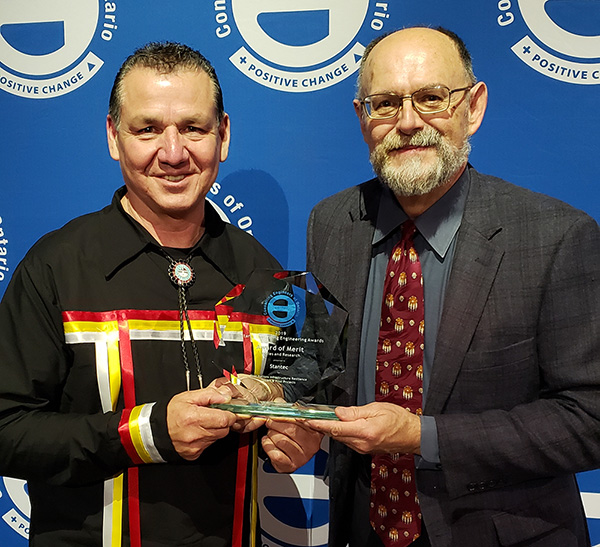How can climate policy be more inclusive of Indigenous rights and knowledge systems, while working toward reconciliation between Indigenous and non-Indigenous peoples? Principles for creating ethical spaces and recognizing the Treaty and constitutionally-protected rights of Indigenous peoples are two ways to elevate Indigenous perspectives, knowledge, and approaches to climate mitigation and adaptation policies.
“We Rise Together,” the 2018 report by The Indigenous Circle of Experts (ICE), describes ethical space as “a venue for collaboration and advice, sharing and cross-validation (where one side validates the other).” Ethical spaces create environments where Indigenous and non-Indigenous systems of knowledge can interact, through mutual respect, kindness, and generosity, to generate an exchange of values. There is a difference between the idea of the ethical space, and the practice of it: “[w]hile agreeing to formally enter ethical space may be straightforward for most parties, actually being within that space together requires flexibility.”
Historical legacies of colonialism prevent Indigenous-led solutions for climate change from being effectively implemented. Consequently, researchers propose calls to action to facilitate Indigenous-led climate mitigation and adaptation policies in Canada; these actions include how climate policy must:
- prioritize human relationships with land and rebalance the relationship between people and Mother Earth.
- prioritize Indigenous knowledge systems and equally consider diverse knowledge systems.
- be multidimensional in order to also advance decarbonization and decolonization.
- position Indigenous peoples as leaders from diverse nations, having inherent rights to self-determination.
- be forward-thinking, and promote the well-being of Indigenous peoples.
By Leela Viswanathan
(Image Credit: Lili Popper, Unsplash)


